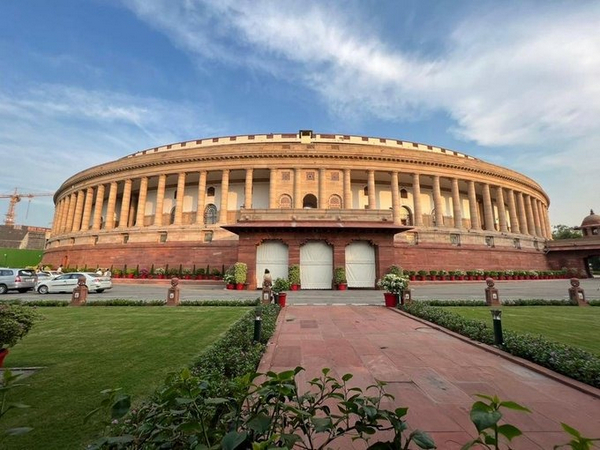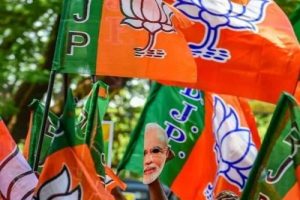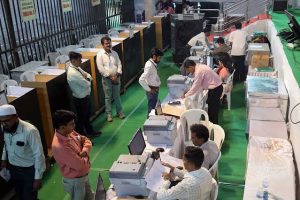Parliament’s Budget Session began last Tuesday with President Droupadi Murmu’s address to MPs stressing the need to build a Bharat, which is self-reliant and fulfills its humanitarian obligations. Never in the past some decades, a President’s speech in the Central Hall of Parliament was cheered with such thumping of desks as was seen during President Murmu’s speech. The President is at the head of Indian Parliament and addresses the first session of Parliament each year.
The Union Budget-2023-24 presented by Finance Minister Nirmala Sitharaman in the Lok Sabha on Wednesday unveiled the Government’s resolve not to let the growth momentum of the economy slacken, and allocated a record capital expenditure of Rs 10 lakh crore for infrastructure. The interest free 50-year loans offered to States for infrastructure development in the last Budget was extended for the coming year.
There was some relief in personal tax and rationalization of indirect taxes too. Though the Budget made an impact across sections of Parliament with its positive features, the Opposition was determined first to have its say on a US research group’s report on financial manipulations by the Adani Group and then only let other business be taken up.
Lok Sabha Speaker Om Birla and Rajya Sabha Chairman Jagdeep Dhankhar tried to pacify the members saying the House could discuss the President’s address first through a motion of thanks to her, and then come to other issues. There was a convention of Parliament to debate and analyse the Government’s achievements as given in the Presidential speech first, and then to go to other issues.
But the Opposition was unrelenting and proceedings on Thursday and Friday were cut short, with the two Houses adjourned much before schedule. Other than laying of official papers, there was little business taken up, leading to doubt how the coming weeks of the Budget Session would go. A spirit of accommodation seemed missing in the proceedings. The Opposition had given notices for urgent discussions on several other issues like the Chinese incursions into Indian territory.
Nearly all Opposition parties came together to point out that the Adani Group affair had implications for people’s savings in the LIC and public sector State Bank of India. They wanted assurances that the Government would protect the interests of the common man.
The Lok Sabha tried to take up the Question Hour but failed, but things were worse in the Rajya Sabha where a mood of confrontation seems to take over easily. On Thursday, the Rajya Sabha Chairman adjourned the House till 2 pm within minutes of the morning sitting starting 11 am. Mr Dhankhar rejected all nine notices for suspension of business under Rule 267 of the Council of States for discussing an urgent matter. He said the Rule is “invokable by indicating any Rule, sought to be suspended, applicable to the Motion related to the Business before the Council of that day; and, further asserting that this Rule shall not apply where a specific provision already exists for suspension of Rule under particular chapter of the rules.” None of the requirements under the Rule was fulfilled and the notices were declined, he said.
The notices were given by Leader of the Opposition Mallikarjun Kharge and Opposition parties across the House. As the members did not appear appreciating the technicalities of the Rule, the Chairman adjourned the House. In the afternoon, Mr Dhankhar called for the Motion of Thanks to the President’s address to be taken up. The Opposition wanted their notices to be taken up first and the House was adjourned for the day.
On Friday, the Rajya Sabha Chairman again rejected 15 notices submitted under Rule 267 to put off other business for the Adani Group issue. While adjourning the House till the afternoon sitting, the Chairman said “We are required to work in accordance with rules. I have gone through all these notices. I am unable to accede to them as these are not fulfilling the requirement of Rule 267.”
Making a significant observation, he said “Parliament is the essence of democracy. Parliament is the ‘North Star’ of democracy. It is a place of discussion and deliberation to realize the aspirations and dreams of the people and not a place of disturbance.” While adjourning the House for the day in the afternoon Mr Dhankhar indicated there might be action against members disrupting the proceedings. He said he was adjourning the House till Monday morning “with a caution note; those who have come in the Well of the House, violating the regime applicable here, will be dealt with.”












